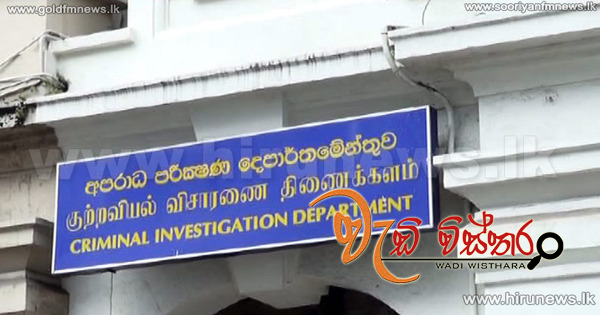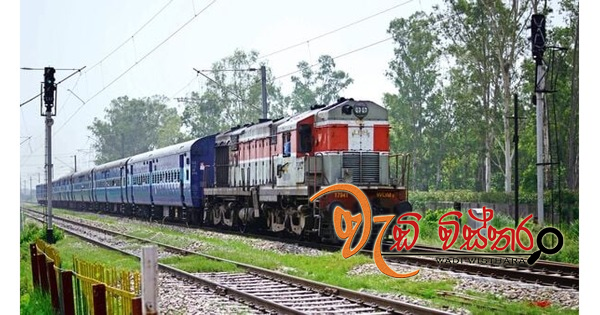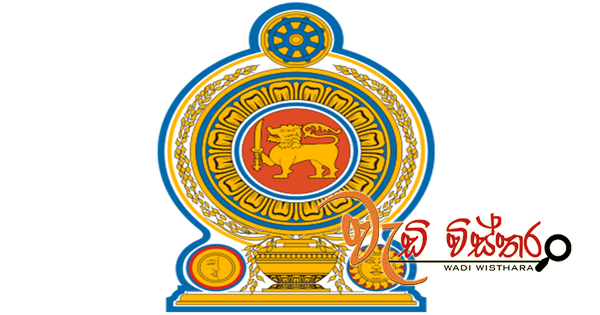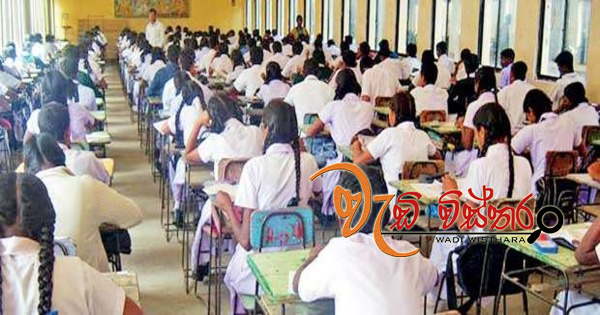CID Probes $6.9M Organic Fertilizer Scandal
Sunday, 06 July 2025 - 7:26 pm
A senior CID official confirmed that investigations into alleged irregularities in the fertilizer procurement process are ongoing. However, further details remain confidential to avoid compromising the investigation.
The controversy dates back to November 2021, when Sri Lanka’s National Plant Quarantine Service (NPQS) rejected a consignment of organic fertilizer from Qingdao Seawin Biotech, citing the presence of harmful bacteria. The Chinese company disputed the test results and requested a third-party evaluation
The rejection led to a diplomatic standoff, prompting Qingdao Seawin to initiate arbitration in Singapore, seeking USD 8 million in damages. Despite the rejected shipment, the Sri Lankan gove ment settled the dispute with a USD 6.9 million payment, made through a letter of credit issued by the People’s Bank of China after a court ban was lifted.
This decision attracted widespread criticism from legal and agricultural experts, given that the rejected shipment was never cleared for use. The Atto ey General’s Department, in 2022, advised the gove ment to initiate legal proceedings to recover the losses. However, no such action has been taken to date.
Inquiries in 2023 revealed that Sri Lankan authorities formally requested either a refund or compensation in the form of chemical fertilizers. Qingdao Seawin responded that it did not deal in chemical fertilizers but offered another batch of the original organic product. The Ministry of Agriculture, citing the sensitive diplomatic nature of the matter, referred the issue to the Ministry of Exte al Affairs for further bilateral discussions and sought Cabinet guidance.
Though Qingdao Seawin had reportedly shown interest in supplying chemical fertilizers as partial compensation, no agreement was reached. Of the planned 96,000 metric tons of fertilizer in 2021, the first batch was rejected under the Plant Protection Act. Despite this, 75% of the payment had already been made in advance.
The deal has not only triggered financial losses but has also been linked to declining agricultural yields, triggering protests from farmers. The National Audit Office has recommended legal action against both responsible officials and the supplier, citing mismanagement, poor monitoring, and untimely payments without financial safeguards.
Agriculture Ministry Secretary D.P. Wickremesinghe confirmed that the CID is conducting investigations but acknowledged that, beyond these inquiries, the gove ment has not taken any formal legal steps to recover the funds.












